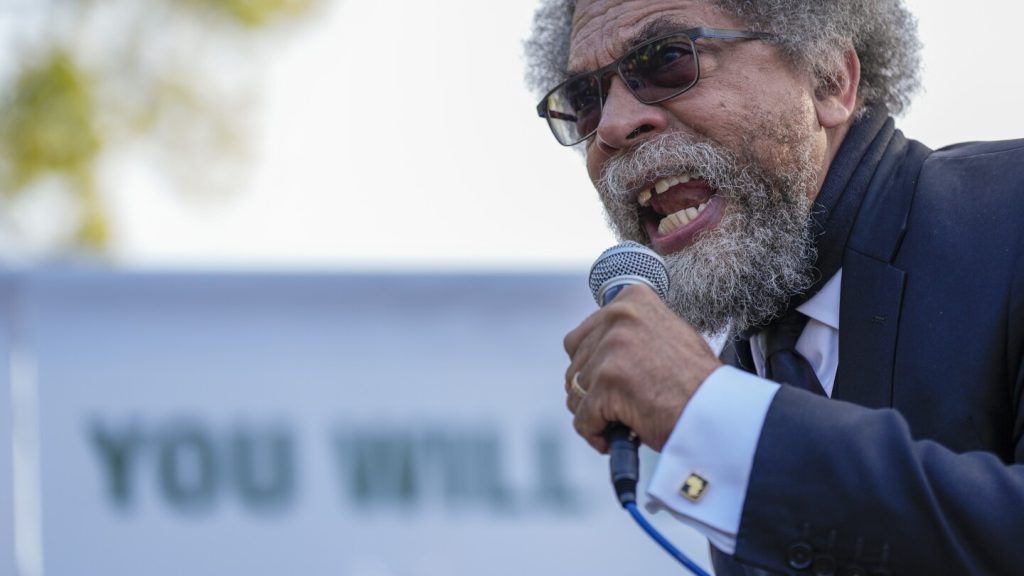Georgia Secretary of State Brad Raffensperger has added Cornel West and Claudia De la Cruz back on the presidential ballot, as well as ruling that Jill Stein of the Green Party had qualified through another route. West, running as an independent, and De la Cruz, representing the Party for Socialism and Liberation, are now eligible to be chosen by Georgia voters for the upcoming election. This decision comes after challenges were made to these independent candidates by Democrats in an attempt to limit the options available to voters.
Robert F. Kennedy Jr., another independent candidate, had his challenges dismissed as moot after officially withdrawing his name from the ballot. Kennedy had originally suspended his campaign and endorsed Republican Donald Trump in the most competitive states. Despite legal challenges from the Democratic Party of Georgia aiming to remove West, De la Cruz, Kennedy, and Stein from the ballot, Raffensperger has made the final decision to let them remain as options for voters in Georgia. This move has led to discussions of potential appeals from the Democrats.
Georgia voters are now expected to have six choices for president on the ballot, including Trump, West, De la Cruz, Stein, Democrat Kamala Harris, and Libertarian Chase Oliver. This would mark the first time since 1948 that Georgians would have more than four options for the presidential race. Democrats, Republicans, and Libertarians automatically qualify for elections in the state, while independent candidates and third-party candidates face more challenges to be included on the ballot.
The legal battle over the inclusion of independent and third-party candidates in Georgia reflects the broader political landscape of the upcoming election. Democrats had sought to block candidates like West, De la Cruz, and Stein, fearing that they could draw votes away from Harris and potentially impact the outcome of the election. However, Raffensperger’s decisions to reinstate these candidates have allowed for a wider range of options for voters in Georgia, despite the efforts of the Democratic Party to limit the selection available.
Raffensperger’s ruling that Stein qualified for the ballot under a new Georgia law, despite the Green Party of Georgia not meeting the qualifications, further complicates the situation. This decision, along with the challenges made by Democrats and the potential for further appeals, highlights the complex and contentious nature of the election process in the state. Regardless of the legal battles and disputes, Georgia voters are now set to have a diverse selection of candidates to choose from on the presidential ballot in the upcoming election.


